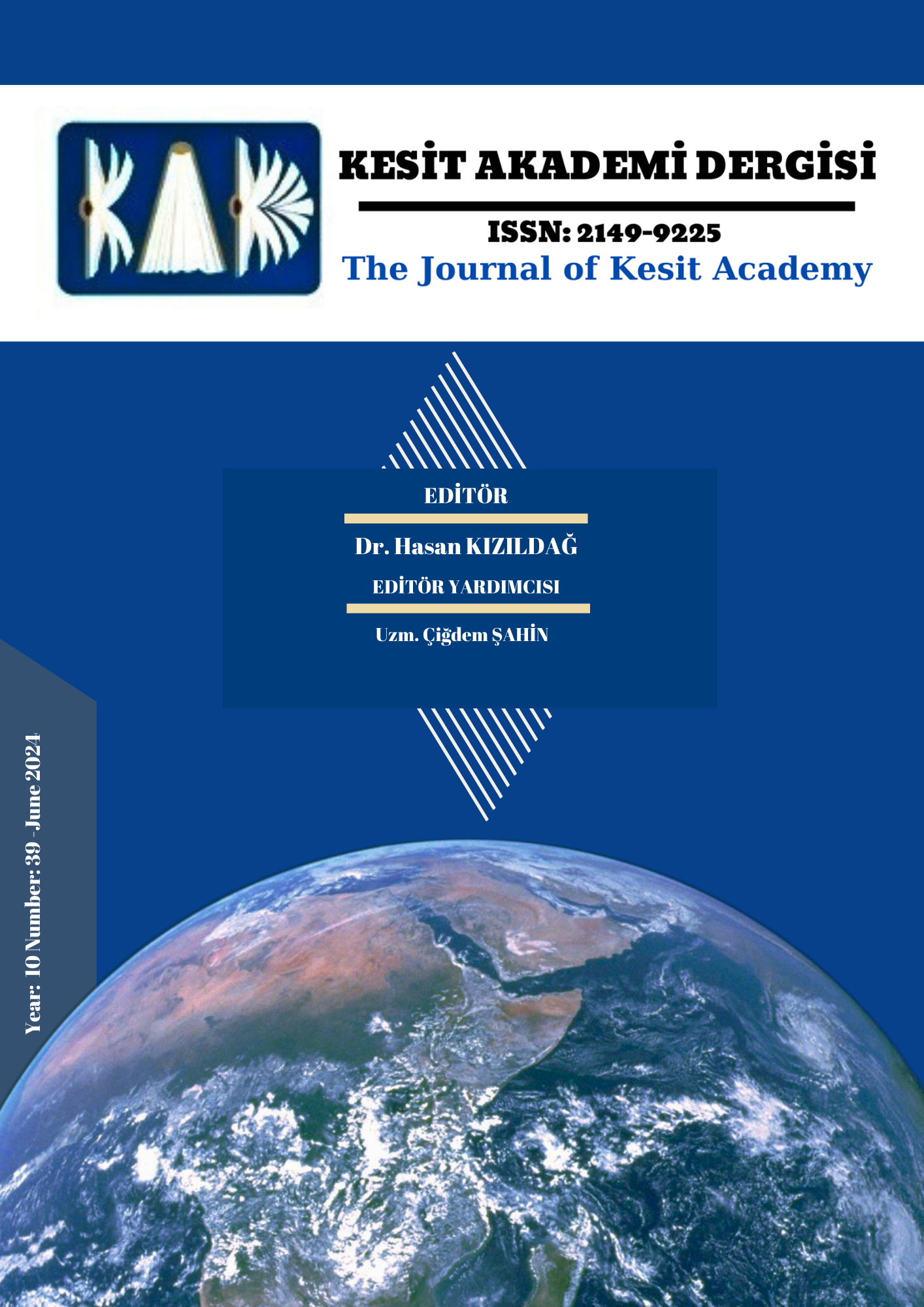Author :
Abstract
Kişisel verileri, hukuka aykırı olarak bir başkasına verme, yaymak ve ele geçirmek, TCK’nın 136/1. fıkrasında düzenlenen suçun seçimlik hareketleri olarak düzenlenmiştir. Bu hareketlerin kamu görevlisi tarafından ve görevinin verdiği yetkinin kötüye kullanılması suretiyle işlenmesi suçun nitelikli halini oluşturmaktadır. Kamu görevlileri; kamusal faaliyetin yürütülmesine atama veya seçilme yoluyla ya da herhangi bir surette sürekli, süreli veya geçici olarak katılan kişilerdir. Kişilerin özel hayatlarının gizliliğini, kişisel verilerini korumakla yükümlü başlıca sorumlular bu verilere kamu gücü ile erişim kolaylığı sağlayan kamu görevlileridir. Kamu görevlileri açısından kişisel verileri ele geçirme hareketinin tanımı, suçun temel şekline göre kendilerine verilen yetkiler dolayısıyla daha karmaşıktır. Veri sorumlusunca kısıtlanmadıkları sürece istenildiği an görevliler, yetkilendirildikleri sistemde kişi bilgilerini sorgulayıp mevcut kayıtları inceleyebilmektedir. Kamu görevlilerin, görevlerinin verdiği yetkinin kötüye kullanımı ile kişisel verilerin ele geçirilmesi eyleminden; yetki sınırlarının aşılıp aşılmadığı ile yetki sınırlarında dahi olsa hukuka uygun olmayan bir saikle hareket edip etmediklerine bakılmalıdır. Kamu görevlisinin halihazırda kurumun sistemine işlenmiş ve dolayısıyla saklanan verilere erişim yetkisini kötüye kullanması ve veriye ilişkin bilgiye yalnızca duyu organları aracılığıyla sahip olması bu bağlamda kabul edilmemektedir. Çalışmamızda öncelikle, kişisel veri kavramı ile suçun basit haline ilişkin unsurlardan bahsedilmiştir. Kamu görevlisinin suçun faili olduğu nitelikli hâl, özellikle yetkinin kötüye kullanılması suretiyle kişisel verileri ele geçirme hareketinden ne anlaşılması gerektiği üzerinde durulmuştur. Son olarak mevcut norm hakkında değerlendirmelerde bulunulmuştur.
Keywords
Abstract
Giving, disseminating and seizing personal data to someone else unlawfully, Article 136/1 of the Turkish Penal Code. They are regulated as optional acts of the crime regulated in the paragraph. The commission of these actions by a public official and by abusing the authority of his/her office constitutes the qualified form of the crime. Public officers; They are people who participate in the execution of public activities on a permanent, temporary or temporary basis, through appointment or election or in any other way. The main people responsible for protecting the privacy of people's private lives and personal data are public officials who provide ease of access to these data with public power. For public officials, the definition of the act of seizing personal data is more complex due to the powers given to them depending on the basic form of the crime. As long as they are not restricted by the data controller, officers can query personal information and review existing records in the system for which they are authorized at any time. From the act of seizing personal data by public officials by abusing the authority given by their duties; It should be checked whether the limits of their authority have been exceeded and whether they have acted with an unlawful motive, even if they are within the limits of their authority. In this context, it is not acceptable for a public official to abuse his authority to access data that has already been processed and therefore stored in the institution's system and to have information about the data only through his sense organs. In our study, first of all, the concept of personal data and the elements related to the simple form of the crime are mentioned. The qualified situation in which the public official is the perpetrator of the crime, especially what should be understood from the act of obtaining personal data through abuse of authority, was emphasized. Finally, evaluations were made about the current norm.





